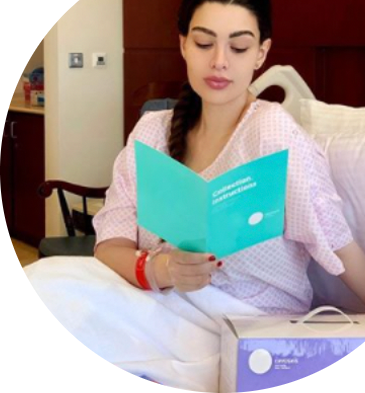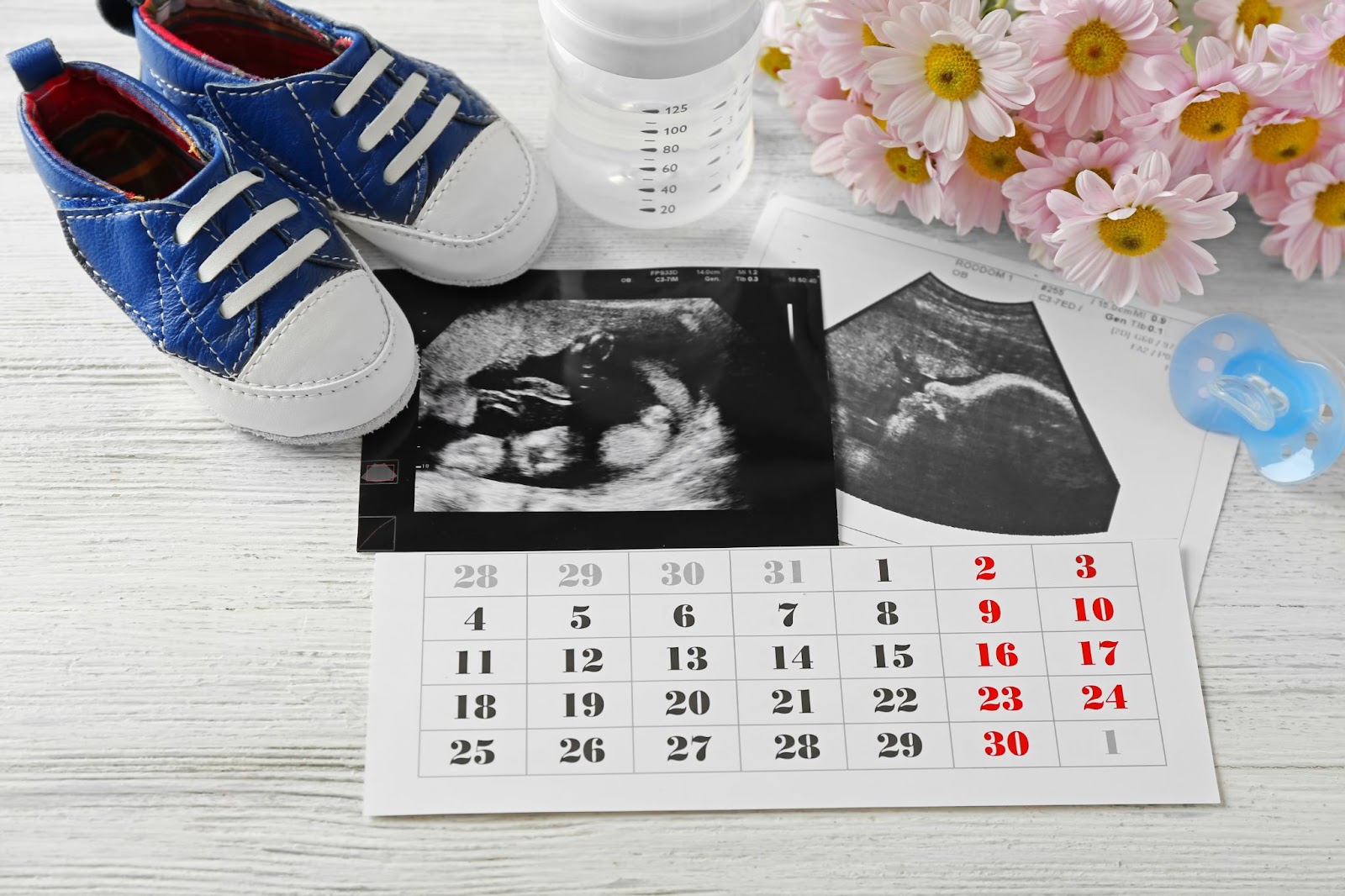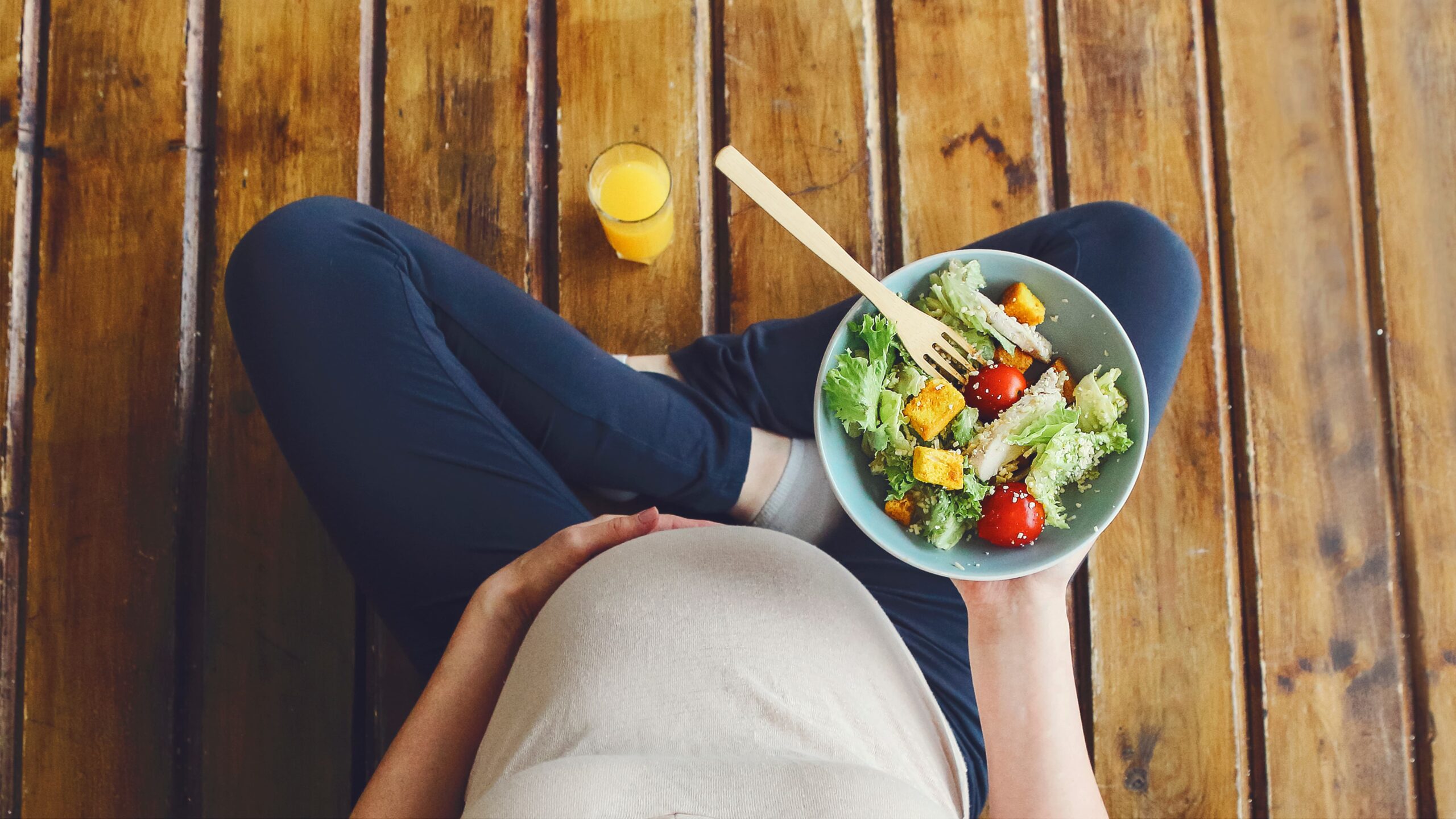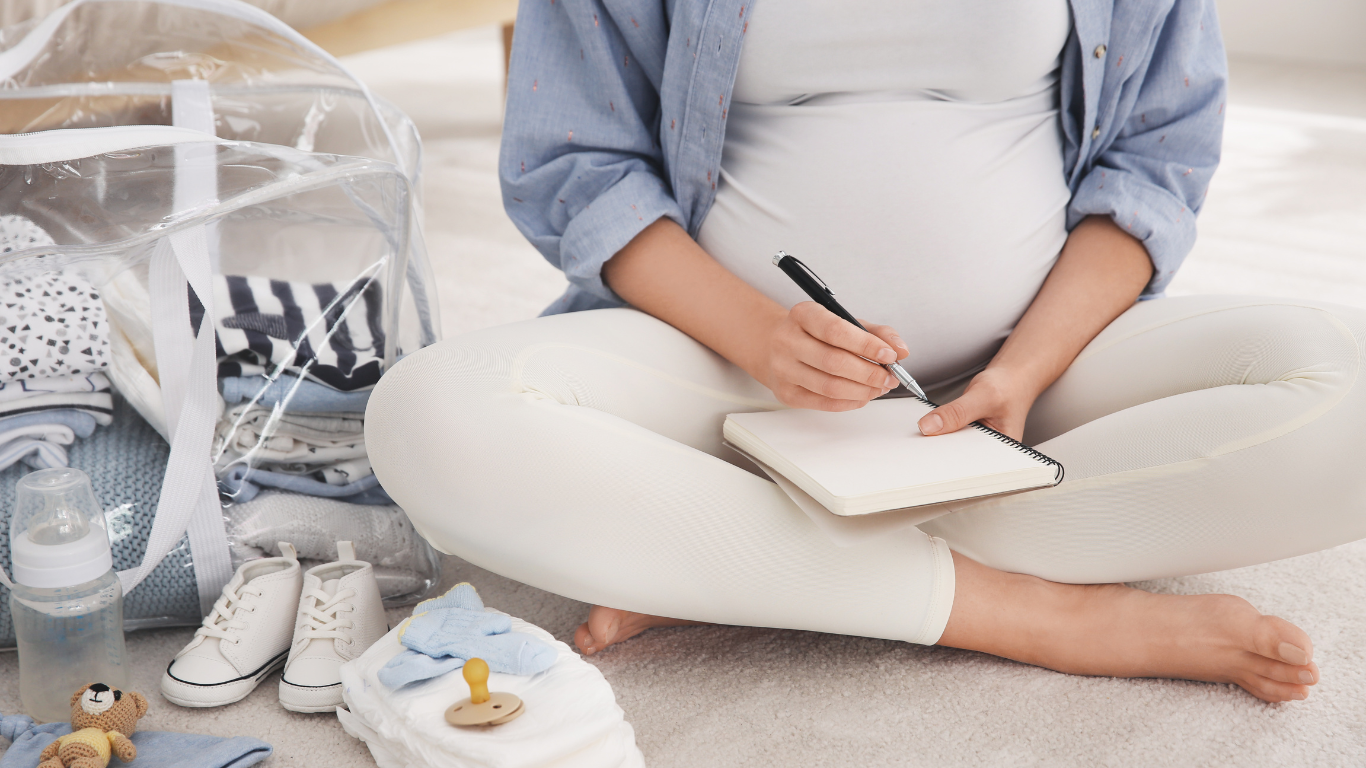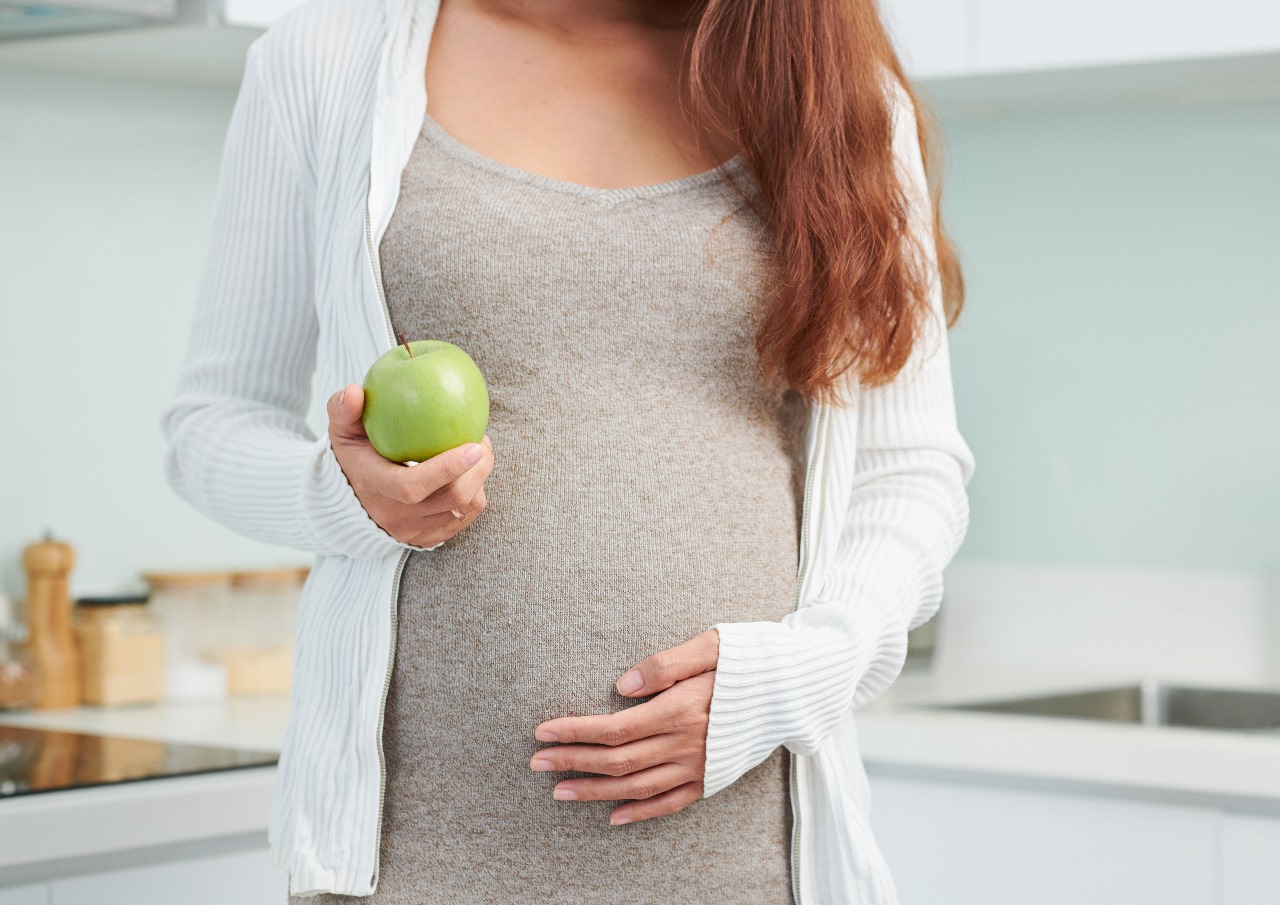If you’ve just found out you’re pregnant, congratulations! If you’re starting the journey of trying, we also want to congratulate you. Pregnancy is an extraordinary journey that is truly life-changing. While parenthood is something that lasts for the rest of your life, your pregnancy is temporary. A full-term pregnancy lasts thirty-nine to forty weeks and is divided into three trimesters. Each trimester lasts thirteen to fourteen weeks.
How Do I Know How Far Along I Am?
Your obstetrician or OBGYN can help you determine what week of pregnancy you’re currently in using an ultrasound. However, if you can’t wait to find out how far along you are and your due date, you can determine your due date
at home.
One way is to take the first day of your last period and add 280 days. That will give you your due date, and you can determine how far along you are from there. If you need some help, use an online due date calculator.
Surprisingly, your period counts as part of your pregnancy. That means there is a week or two of your pregnancy when you’re not actually pregnant.
What Can I Expect During Pregnancy?
No two pregnancies are the same, and having a child is an adventure – even before birth. That being said, the answer to “how many weeks does pregnancy last” is more or less the same, as are common characteristics among different stages of pregnancy. Things change fast from week to week, but we’re going to share what you can expect during different trimesters in pregnancy.
The First Trimester Experience
Congratulations! Your bundle of joy is in its nascent beginnings, and you’re starting to experience what it’s like to feel life form inside of you. Though you’re a ways off from feeling kicks, you’ll undoubtedly be aware that you are changing.
First trimester changes can include the following:
- Morning sickness
- Intense fatigue
- New food cravings or aversions
- Headaches
- Heartburn
- Weight gain
- Mood swings
- Constipation
Whether you’re weathering the first-trimester storm or walking on the clouds (depending on what kind of pregnancy you have), your baby is going through significant changes, too.
By the end of the first trimester, your baby will have the following:
- Formed their head
- Grown fingernails
- Grown their toes
- Bent their elbows
- Formed their head and nose
- Developed their genitals
- Formed their heart and started forming other organs
Delivering a healthy, full-term baby requires the mom to make decisions that have the baby’s health and wellness at heart. For this reason, expecting moms must take care of their health to carry their baby all forty weeks that
pregnancy lasts.
Health precautions to take during the first trimester and beyond include the following:
- Quit drinking alcohol entirely
- Cut down to 200 mg of caffeine a day (consult your doctor)
- Quit smoking and illegal drugs
- Avoid raw food, sushi, and most seafood
- Avoid cat litter, deli meat, and hot dogs
The Second Trimester Experience
The second trimester lasts from weeks thirteen to twenty-seven. If your bump hasn’t become visible yet, it will during this time. Some of the things you can expect to happen during the second trimester include the following:
- Feeling the baby move
- Body aches due to an expanding uterus and further development of your baby
- Stretch marks developing
- Changes in your skin
- Dizziness related to blood pressure
While your baby makes you work hard, they’re hard at work themselves. During the second trimester, your baby goes through rapid changes, including the following:
- Their organs are fully developed
- They’ll hear things, so start talking to them
- They can now swallow
- They’ll start moving around
Even if it feels like your little bundle will never get here, try to enjoy the remarkable changes happening at the moment.
Talk to your doctor about health concerns, diet, and lifestyle questions, such as how much you should exercise.
The Third Trimester Experience
You are in the home stretch of your pregnancy! Your body is going through significant changes, so take time to rest and relax as much as possible.
During the third trimester, you’re like to experience the following:
- Feeling lots of movement from the baby
- Increased need to urinate
- Tender breasts
- Difficulty sleeping due to your changing body
- Swollen ankles
Your baby is getting ready to enter the world, but before they’re ready, they must go through a few changes themselves. Those changes include:
- Fully forming their bones
- Shifting to a head-down position
- They’ll start storing minerals
At thirty-seven weeks, your baby is considered full-term and can fully function independently of your body.
Taking special care of your baby starts before you even give birth, which is why it’s important to know how many weeks pregnancy lasts. Communicating with your doctor throughout pregnancy about concerns, exercise, diet, and stress reduction strategies builds a foundation of health for your baby in the womb.
When your baby comes into the world, one of the most significant ways you can steward their health is by saving their stem cells through a stem cell bank. Doing so is a powerful investment in your baby’s health resources that can come to the rescue should the unthinkable fall upon them.
That’s why at CellSave, we offer premium stem cell banking services with flexible plans that meet everyone’s needs. Learn more and get started here.

